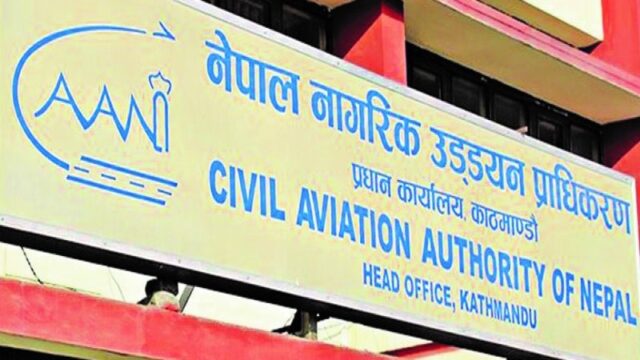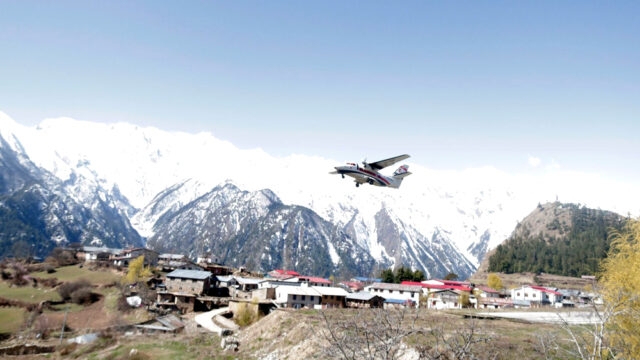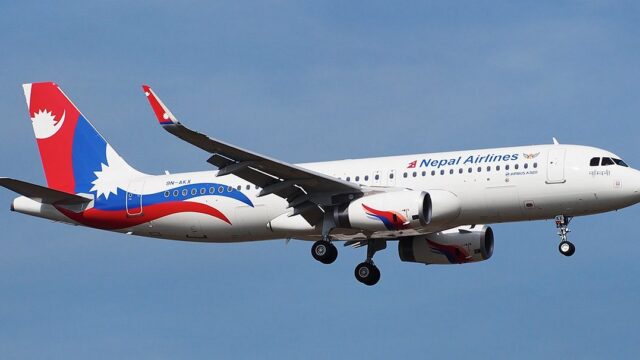For residents like Winnie de Wit, jet engines have become an unwelcome fixture of daily life. Living in Assendelft, just 30 kilometers north of Amsterdam’s Schiphol Airport, De Wit experiences the thunder of between 400 to 700 aircraft flying overhead every day and night. “Once I took my granddaughter outside to play, and in 15 minutes I counted 14 planes,” she says, her frustration echoed through an app tracking aircraft noise, a tool developed by local anti-noise groups.
The constant roar has triggered a tense, multilayered dispute involving residents, airlines, political institutions, and international regulators. What began as a plea for peace and quiet has snowballed into a national and European-level controversy, culminating in a legal, economic, and environmental standoff with implications far beyond the Netherlands.
A Local Uproar Turns National
Despite being only 15 kilometers from central Amsterdam, Schiphol is Europe’s busiest airport in terms of flight numbers, handling nearly 474,000 flights last year. The Dutch government proposed a cap of 478,000 flights annually to reduce noise pollution, a figure the European Commission has conditionally approved. However, for many locals, this still falls far short of acceptable.
Activists and NGOs claim the real number of those affected by noise is much higher than official figures suggest. In 2019, Schiphol reported 142,400 people seriously disturbed by noise and over 17,500 experiencing severe sleep disruptions. These numbers, locals argue, are merely the tip of the iceberg.
De Wit and fellow residents say they have had enough of what they now refer to with a bitter new Dutch term: schiphollen, meaning “manipulation, lies and distortion of facts”, a label they claim reflects how authorities and airlines have long downplayed or misrepresented their concerns.
An Economic Powerhouse in Jeopardy
For the aviation sector and its supporters, however, Schiphol is not just an airport, it’s an economic lifeline. It accounts for around 1% of Dutch GDP and supports over 100,000 jobs. Even Dutch royalty is linked to its operations, with King Willem-Alexander occasionally co-piloting KLM flights.
Benjamin Smith, CEO of Air France-KLM, expressed frustration at the proposed limits, saying, “We’re not shying away from reducing noise, but it must be done logically, without disproportionately impacting the airline industry.” The industry argues that modern aircraft technology can help solve the problem without drastically cutting flight numbers.
Indeed, aircraft manufacturers and airlines claim that new designs are significantly quieter. Ryanair’s CEO Michael O’Leary points out that their new Boeing aircraft are 50% quieter. However, researchers like Roberto Merino-Martinez from Delft University caution that such claims often mislead due to the logarithmic scale of noise perception, a 50% reduction in decibels does not equate to half the sound as heard by the human ear.
Legal and Political Showdowns
The noise issue has not just divided communities; it has landed in the courts. Several citizens, including Stefan Molenaar from Assendelft, sued the government, and the Dutch judiciary ruled that the state violated Article 8 of the European Convention on Human Rights, which protects private and family life.
This ruling pressured Infrastructure Minister Barry Madlener to propose the flight cap to the European Commission. Yet, even within the halls of power, there’s discontent. Former Prime Minister Mark Rutte’s 2023 attempt to impose a cap of 460,000 flights failed to get EU backing and was swiftly withdrawn following backlash from both Brussels and Washington.
Madlener delivered a harsh message to those seeking reprieve: “Don’t expect Schiphol to disappear. If it’s going to define your life, you have to ask yourself if it’s healthy to stay here.”
Diverging Views on Solutions
To balance environmental concerns with economic pressures, the government now plans to implement differentiated airport charges to incentivize quieter aircraft and has set a target of reducing severe noise complaints by 15% by November 2025. But trust is thin.
“Many people have stopped complaining because they feel they’ve been schiphollen,” said Molenaar, skeptical of the government’s repeated pledges. Local and city authorities, including Amsterdam’s Deputy Mayor Hester van Buren, are demanding stricter measures, including a cap of 400,000 flights and the cessation of all night flights.
Environmental NGO Natuur en Milieu is advocating for a complete reevaluation of Schiphol’s business model. The group urges a shift away from being a hub for international transfer passengers, who make up about a third of the traffic, to focusing more on the Dutch national market.
A Broader European Ripple
While the Schiphol debate rages on, other European airports are watching with growing anxiety. Cities like Paris, Brussels, Dublin, Madrid, and Warsaw face similar conflicts, where expanding air travel threatens local tranquility and environmental goals.
If the Dutch government enforces the proposed cap, even if limited, it could mark a significant precedent, the first time a major European airport reduces flight volume due to public health and noise concerns.
“This is not the reduction we wanted, but it’s a start,” said Bert van Mourik, a campaign leader at Natuur en Milieu. “For the first time in Europe, there’s an airport where a reduction has been put in place. I do celebrate it as a victory.”
Contrasting Opinions
Yet, not all voices are in harmony with the anti-noise movement. Near the Polderbaan, Schiphol’s busiest runway, sits a plane-spotting area frequented by aviation enthusiasts. One such enthusiast, Gerard, shrugs off the complaints. “Some people are crazy,” he said, clutching his professional camera. “I want more planes, they are not enough.”
This stark contrast between tourists chasing take-off thrills and residents yearning for silence underscores the deep divide at the heart of the Schiphol controversy. As the noise war continues, the world watches the Netherlands to see whether it will prioritize economic momentum or human serenity, a decision that could shape the future of aviation in Europe.
Source: International Media
